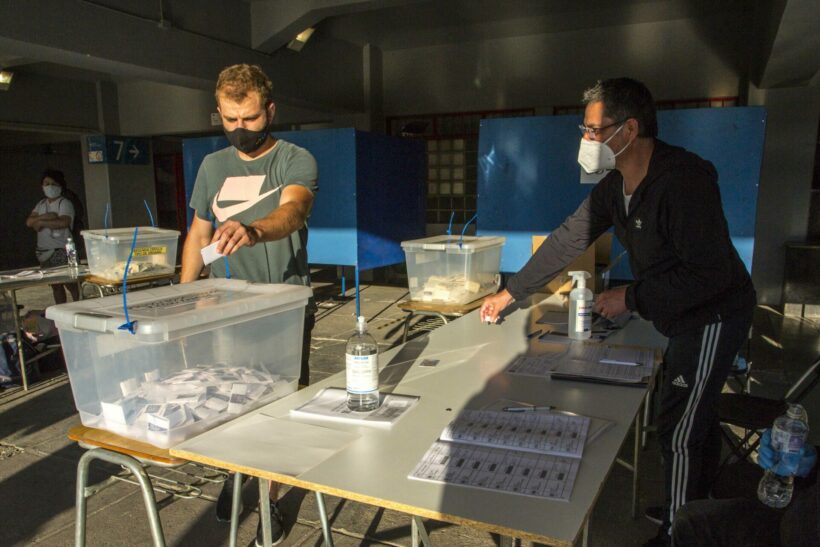The undermining of democracies is a long-standing strategy.
Anyone who has ever been a fan of war movies will know how depth charges used against enemy submarines work. Used extensively during the naval battles of the Second World War, these bombs exploded at a certain depth, rather than with the aim of destroying, with the intention of wearing down both the ship’s armour and its crew. Something similar is happening with politics in our continent: little by little and without pause, the mechanisms designed to protect the institutions dedicated to consolidating democratic systems have been losing their strength due to the onslaught of enemy forces that are difficult to recognise.
The interventionist policies of the United States and its unconditional allies have woven a web of protection, whose effects operate as if a supranational government existed above our states, exempt from legal limits and, obviously, dedicated to protecting interests alien to the well-being of the people. This colonialism, whose characteristics resemble those of the criollo oligarchies and, incidentally, are allied with them, prevents any attempt at rebellion by the less privileged layers of Latin American societies.
The depth charges that weaken our foundations come in different colours: from trade treaties to coups d’état, including diplomatic pressure to influence constitutional texts and the issuing of laws. Moreover, they are supported by the mass media, from which an ad hoc ideology is propagated, capable of consolidating citizens’ movements opposed to human rights and freedoms. To this is added, as a corollary, a series of restrictive but contradictory policies that have turned our continent into a territory of drug production and trafficking.
Today, the depth charges have weakened people’s resistance to the abuses of puppet rulers suspiciously protected by the silence of the international community and, even more ominously, allied to supposed spiritual leaders whose message revolves around submission. With the very concept of democracy weakened, we are confronted with a situation of extreme weakening of citizenship in most of our nations. Deprived of access to government decisions and faced with legislation designed by assemblies mostly allied with corruption, the territory of democracies is one of underhand warfare in which the voice of the people is impotent.
The empire’s strategies have been comfortably installed to turn our countries into suppliers of raw materials, cheap labour, obedient political leaders and economic elites willing to bargain with the hunger of their fellow citizens. In these terms, the much-touted utopian democracies have become part of a discourse that is out of touch with reality. The hardest hit sectors have lost not only their space for participation, but also much of their vital energy. This is how the depth charges thrown underwater with as much profusion as bad intentions work. That is how colonies work, and that is how governments capable of co-opting the state with the aim of limiting rights work, knowing that they have the acquiescence of the owners of power.
Co-opting the state is the anti-democratic instrument par excellence.












